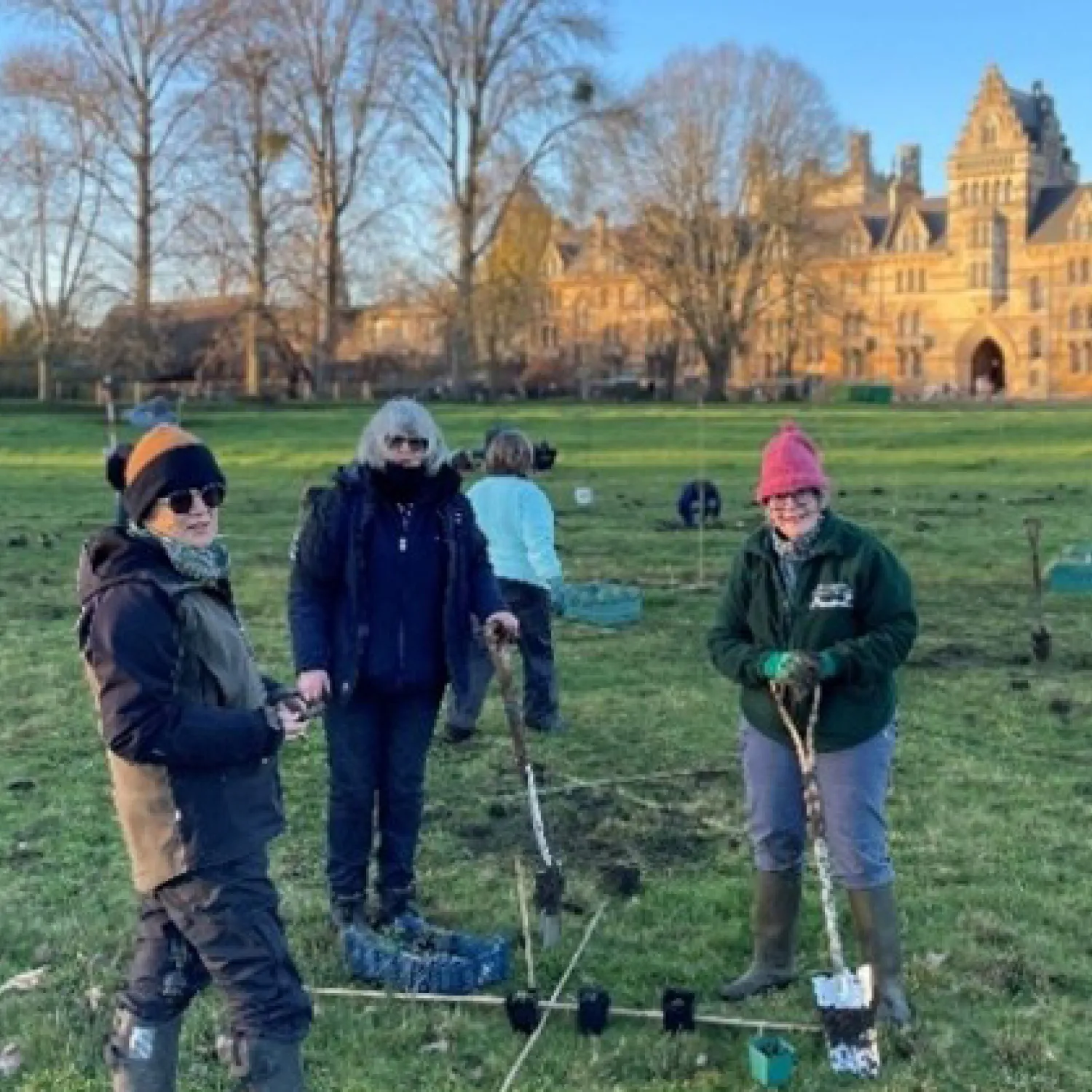Breadcrumb
Megan Bowler pushes for UK language-learning revival
A new report written by Christ Church DPhil student Megan Bowler brings to light the dramatic decline in formal language learning in UK schools. Garnering attention from the press, the publication from the Higher Education Policy Institute (HEPI) and sponsored by the language-learning app Duolingo makes the case for revitalising language education and sets out how this can be done.
Five years on from a report Megan Bowler wrote for HEPI during her time as an undergraduate at Oriel College, ‘The Languages Crisis: Arresting decline’ takes another look at the grave condition of formal language learning in British schools.
Among the findings reported by national outlets including The Times, less than 3% of A-Levels taken last year were in Modern Foreign Languages, the Classics, Welsh as a second language, or Irish. More entries were recorded in Physical Education than in French, German, and Classical Languages combined.
The recruitment of language teachers continues to fall well below government targets, with only 43% of the target met last year. The collapse of language learning in schools has contributed to a decline in the uptake of language degrees, prompting many universities to terminate these programmes altogether.
‘In the UK, Languages disciplines are facing a vicious cycle,’ Megan explains. ‘For the majority of schools, problems with teacher recruitment are leading to even lower rates of participation in language learning. Low uptake in higher education is leading to cuts in university language provision and degree programmes. The shortage of language skills is holding employers back and the teacher recruitment crisis continues worsening.’
Close and critical analysis, oracy, cultural adaptability, creative problem-solving, linguistic precision and clarity of expression are exactly the kinds of skills which ChatGPT can’t replace.
Close and critical analysis, oracy, cultural adaptability, creative problem-solving, linguistic precision and clarity of expression are exactly the kinds of skills which ChatGPT can’t replace.
The HEPI report stresses why effective language learning is badly needed in the UK. Learning languages has clear benefits for individuals, fostering a ‘linguistic mindset’ that makes one more creative, empathetic, and understanding of other cultures, with greater critical thinking and communication skills. Boosting language learning may also aid the government in its growth ambitions: as the report highlights, ‘Language skills remain important for the UK’s competitiveness in trade and research and it is well documented that improving language skills would yield economic benefit.’
But are these alleged benefits negated by the rapid rise of AI? ‘There is a common misconception that Google Translate, and now AI tools, are making language capabilities redundant,’ Megan says. ‘On the contrary, the skills and intellectual values that a “linguistic mindset” can instil are even more important in this age of rapid technological change. Close and critical analysis, oracy, cultural adaptability, creative problem-solving, linguistic precision and clarity of expression are exactly the kinds of skills which ChatGPT can’t replace.’
So how can we go about mitigating this loss of language skills? The HEPI report sets out ten actionable recommendations to policymakers. First, it is proposed that action be taken on teacher recruitment, including the reinstatement of the international relocation payment for trainee language teachers cut under the last government. Second, alternative qualification pathways should be available to young people, with a statutory entitlement for pupils to language-learning opportunities up to the age of 18, a requirement that pupils study a language to GCSE, and a broadening of the post-16 curriculum – for instance, via a Level 3 certificate in Applied Languages.
Among other measures recommended in the report, it is suggested that the Department of Education expand language hubs, that those who are bilingual be provided with a more streamlined pathway to qualification entries, that the GCSE in British Sign Language (BSL) finally be delivered and resourced, and that central government do more to promote and fund the provision of language learning in Higher Education. Further, provision must not stop there: the paper also urges policymakers to design paths to lifelong language learning, including as part of the UK government’s new Lifelong Learning Entitlement (LLE). Finally, Megan proposes that there be ‘a clear voice for language issues in government’ – an equivalent to Chief Scientific Advisers to coordinate the delivery of the report’s proposals and take a research-led approach to reviving language learning in our schools.
Megan is hopeful that her report can lead to concrete change. ‘Intervention and investment are needed to prevent a critical skills deficit,' she says. 'It is fantastic to see that our report is drawing attention to these issues in the press and hopefully bringing an awareness of the topic to a wider audience.’
Read the full report, ‘The Languages Crisis: Arresting decline’.
Megan Bowler is a DPhil candidate in Classics at Christ Church, University of Oxford, and a Lecturer in Ancient Greek Language and Literature at Oriel College and the Faculty of Classics. Her doctoral research focuses on Ancient Greek Comedy.
Other Christ Church news




